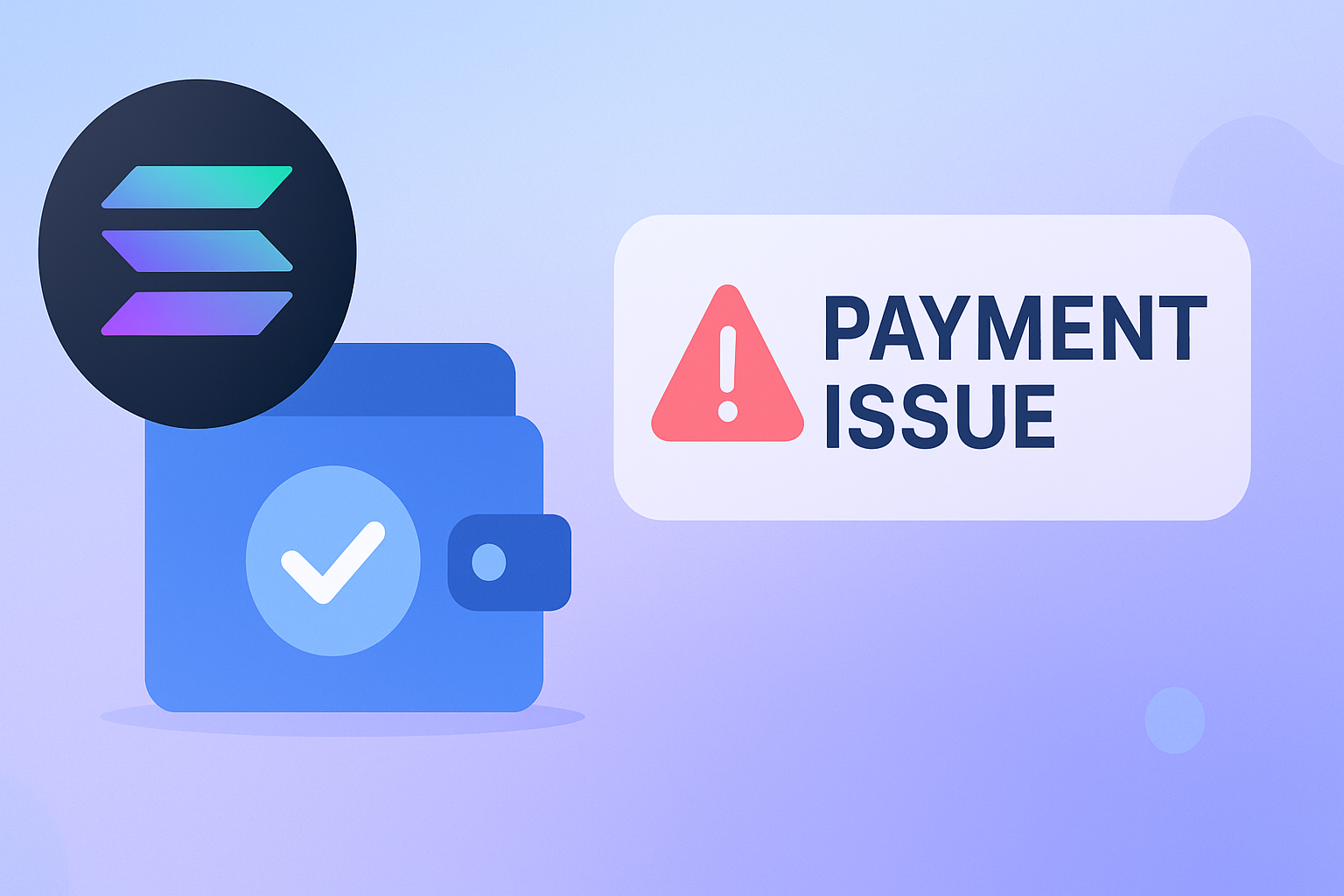If you’ve been diving into web scraping or gathering data online, you might have noticed that websites are getting smarter about blocking repeated requests. When too many requests come from the same IP address, it’s a red flag that often leads to bans or captchas. This is where rotating proxies come in—and for even greater flexibility and success, mobile proxies can be an excellent option.
But what are rotating proxies, how do mobile proxies fit into this picture, and why should you care? Let’s break it down.
What Are Rotating Proxies?
Rotating proxies are pretty much what they sound like. Instead of sending all your web requests from a single IP address, rotating proxies allow you to automatically change your IP address after each request or after a certain amount of time. This makes it harder for websites to detect you as one user, since your requests look like they’re coming from all over the world.
It’s like hopping between different networks in different cities—one moment you’re in New York, the next in London, and so on. This strategy helps spread out your requests, making it much less likely that you’ll get blocked.
What Are Mobile Proxies?
Now, let’s throw mobile proxies into the mix. Mobile proxies are a type of rotating proxy that uses IP addresses from mobile devices connected to 4G, or 5G networks. These are real mobile IPs assigned by cellular carriers. Since mobile IPs tend to rotate naturally as users move between cell towers or reconnect to the network, they’re much harder to detect and block compared to traditional proxies.
In essence, mobile proxies are rotating proxies on steroids. They offer even more anonymity because websites tend to be more lenient toward mobile IPs, which are shared by hundreds or even thousands of users at a time.
Why Use Rotating and Mobile Proxies?
There are a few great reasons to consider using rotating proxies—and if you really want to stay under the radar, mobile proxies:
-
Avoid IP Bans: The biggest reason to use rotating proxies is to avoid getting blocked. Websites will often block an IP address that sends too many requests in a short period. Rotating proxies, especially mobile proxies, make it seem like your requests are coming from different people, reducing the chances of a ban.
-
Increased Anonymity: Rotating proxies, particularly mobile ones, offer a higher level of anonymity. Each request looks like it’s coming from a different user, which is essential for scraping data or automating tasks without being detected.
-
Mobile-Specific Data: If you’re working on projects that involve scraping mobile-specific websites or apps, mobile proxies are a must. Websites often serve different content to mobile users than they do to desktop users, and mobile proxies give you access to that data.
-
Greater Trust: Mobile IP addresses are trusted more by websites because they’re typically associated with real users on smartphones. Many people share the same mobile IP address when they’re connected to a cellular network, so websites are less likely to block these IPs quickly.
How Do Rotating Proxies Work?
When you use rotating proxies, each request you send gets assigned a new IP address from a pool of available proxies. If you’re using mobile proxies, these IP addresses come from real mobile devices connected to 4G, or 5G networks.
For example, let’s say you’re scraping an e-commerce site like Amazon. With each new request, your IP could change from a New York-based residential IP to a Los Angeles-based mobile IP. The constant change makes it much harder for the website to track your activity or recognize that the requests are coming from the same source.
Types of Rotating Proxies
Not all rotating proxies are the same, and it’s important to understand the different types available to you:
-
Datacenter Proxies: These are fast, inexpensive, and come from large data centers. However, they’re easier for websites to detect and block, making them less ideal for sensitive scraping projects.
-
Residential Proxies: These proxies come from real household IP addresses, which makes them harder to detect and block. They’re more expensive than datacenter proxies, but they’re highly effective for projects where you need to avoid detection.
-
Mobile Proxies: These use real IP addresses from mobile networks. Mobile proxies are considered some of the most reliable and effective for staying under the radar since mobile IPs naturally rotate. They’re perfect for tasks where you need high trust and anonymity.
Why Mobile Proxies Are Game-Changers
Mobile proxies are particularly useful because they offer several advantages over traditional residential or datacenter proxies:
-
Higher Success Rates: Mobile proxies generally have much higher success rates for scraping and automation. Because mobile IPs are dynamic and shared by many users, websites are less likely to block them. They simply can’t afford to block an entire mobile network.
-
Access to Mobile-Optimized Content: Many websites offer different layouts, features, and content to mobile users. If you’re scraping mobile versions of websites or testing mobile apps, mobile proxies allow you to access that specific data.
-
Better for Geo-Targeting: Since mobile proxies often rotate across different cities and regions, they’re great for scraping geo-targeted data. For example, if you’re trying to see how prices or content change based on location, mobile proxies can give you accurate insights from various locations around the world.
When to Use Rotating Mobile Proxies
You should consider using rotating proxies—especially mobile proxies—in scenarios like these:
-
Scraping E-commerce or Travel Websites: Sites like Amazon, Expedia, or airline booking sites are notorious for blocking scrapers. Using mobile proxies allows you to blend in with everyday users and scrape without detection.
-
Accessing Mobile-Only Data: Some websites or apps only serve specific content to mobile users. Mobile proxies give you access to this information as if you were browsing on a smartphone.
-
SEO and SERP Scraping: Search engines like Google monitor for unusual activity. Using rotating mobile proxies allows you to gather search engine results without triggering captchas or blocks.
Conclusion
Rotating proxies are a must if you’re serious about web scraping, and mobile proxies take things to the next level. They help you avoid IP bans, keep your data collection under the radar, and access content that’s only available to mobile users.
While mobile proxies can be more expensive and sometimes slower than other proxy types, their reliability and ability to bypass blocks make them well worth the investment, especially for high-stakes projects. Whether you’re gathering data for SEO research, scraping product prices, or testing mobile apps, rotating proxies—especially mobile ones—are a valuable tool in your web scraping arsenal.





